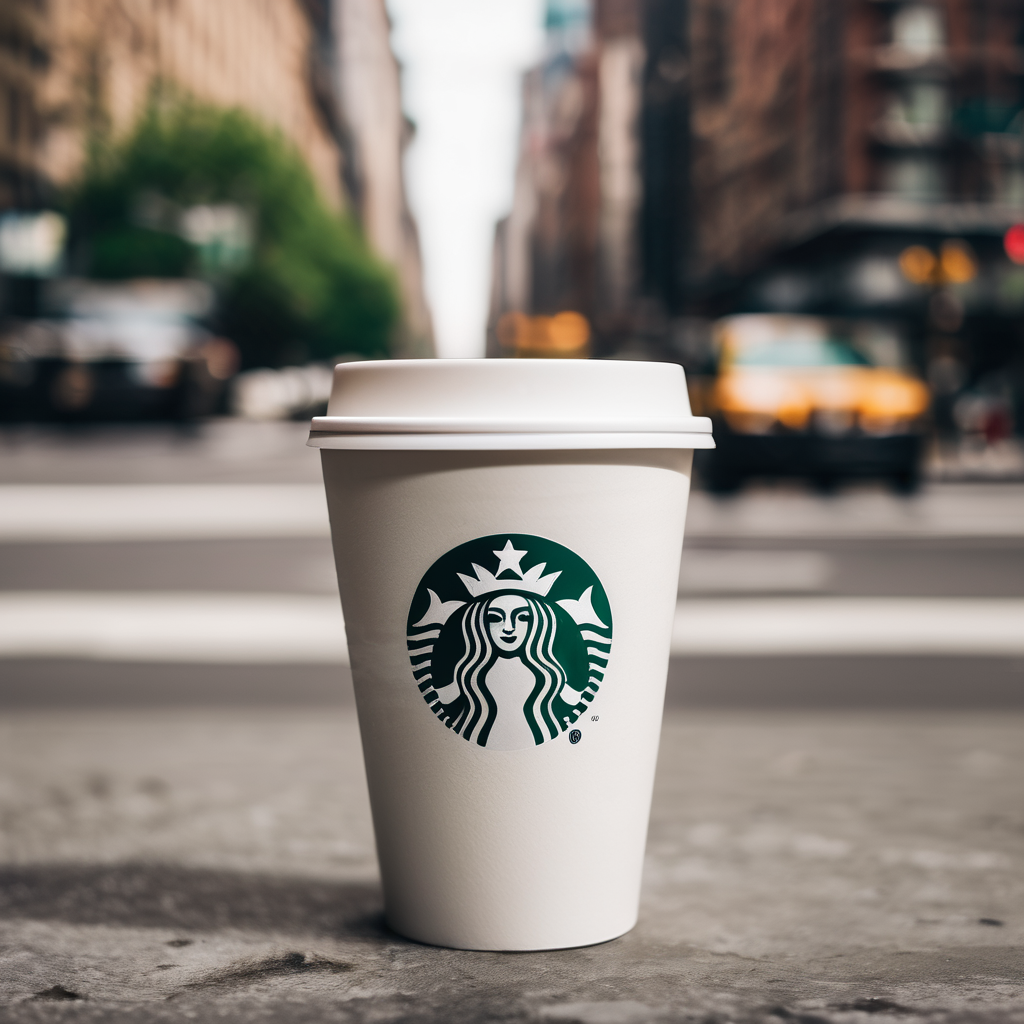Starbucks has unexpectedly announced the closure of over 54 stores in New York City as part of its broader strategy to shut down more than 400 locations nationwide. This decision follows a troubling trend for the coffee giant, which has experienced six consecutive quarters of declining sales. Alongside the store closures, Starbucks recently laid off 900 corporate employees as part of a $1 billion restructuring effort.
The closures span across the city’s five boroughs and include several high-profile locations, such as those on the Upper East Side and in Greenwich Village. According to a spreadsheet circulated among media outlets, additional closures affect the Upper West Side, Financial District, and Midtown Manhattan, including notable sites like 156 W. 52nd St. and 871 8th Ave.
This sudden decision has left landlords bewildered, as insiders report that Starbucks failed to communicate with property managers prior to placing signs announcing the store closures. Jeffrey Roseman, vice chairman at Newmark Retail, remarked on the unusual nature of this approach, noting that typically, retail companies discuss potential rent concessions with landlords before making such moves. Roseman emphasized that the lack of outreach was unexpected for a well-established brand like Starbucks.
In a blog post dated September 25, CEO Brian Niccol outlined the company’s rationale for the closures, stating that Starbucks was unable to maintain the quality environment expected by its customers and partners in certain locations. He also indicated that some stores were shut down because there was no foreseeable path to financial viability.
In addition to these operational challenges, Starbucks is also facing scrutiny from city officials regarding compliance with local labor laws. A letter from the New York City Department of Consumer and Worker Protection warned the company that it must offer jobs to workers from closed stores at other locations nearby, as mandated by the Fair Workweek Law. Commissioner Vilda Vera Mayuga highlighted the company’s potential legal obligations and requested a response by Friday.
Starbucks finds itself embroiled in a complex landscape of increased competition and rising coffee prices due to new tariff policies. The entry of new players and competition from established fast-food chains like McDonald’s, which is testing a new beverage concept at locations in Wisconsin and Colorado, adds further pressure to Starbucks. Analyst Mark Kalinowski pointed out that these challenges echo a similar period in 2008 when the company was forced to shut down 600 locations amid economic recession.
Despite these struggles, Starbucks remains focused on finding solutions and adapting to the evolving market, while also navigating the expectations of its employees and customers in New York City.
